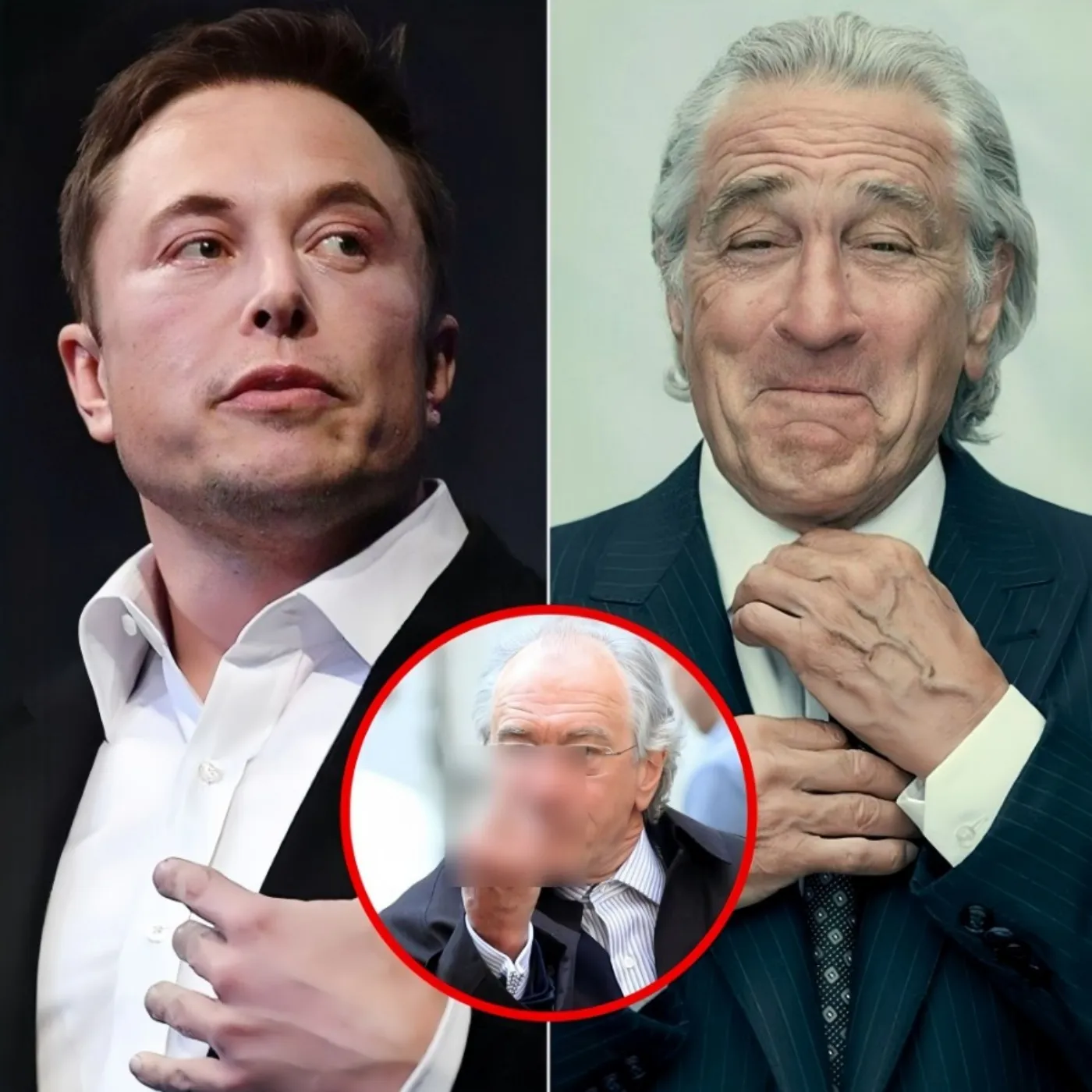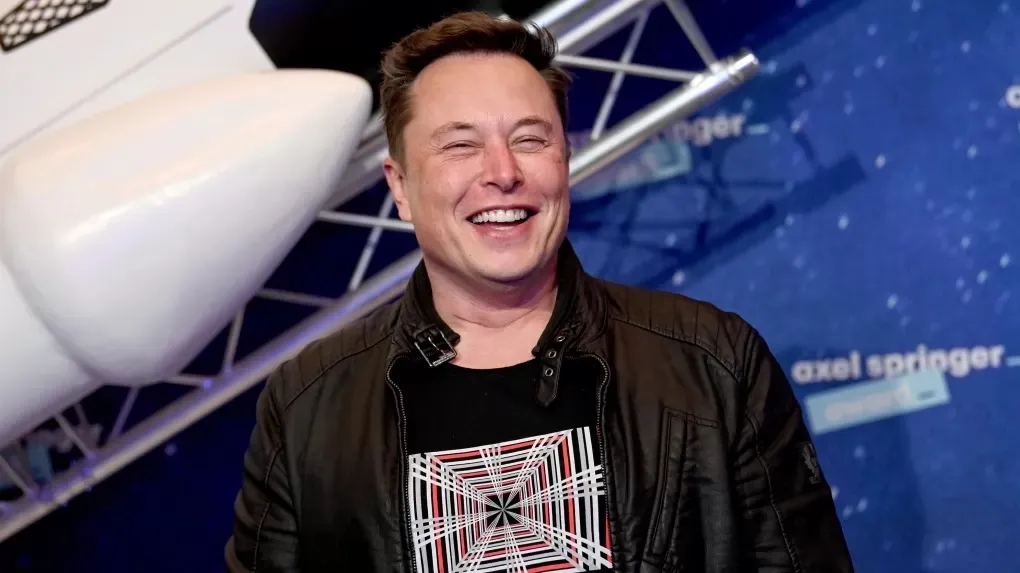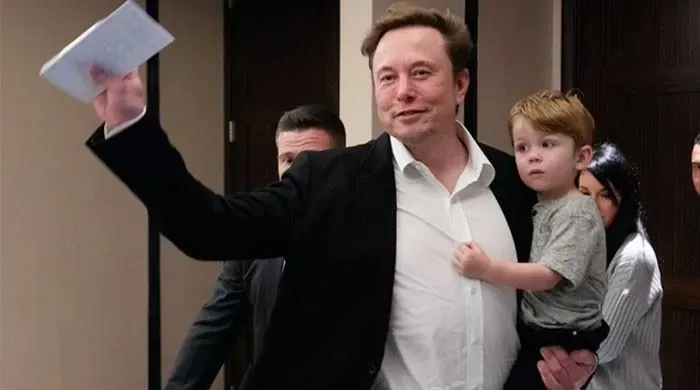
In a new controversy that is making waves across social media, Elon Musk has announced that he has removed Robert De Niro from his platform X (formerly Twitter), stating that there is “no room for his progressive agenda.” This declaration immediately sparked a wave of both support and criticism, reigniting the debate on freedom of speech and the influence of public figures on digital platforms.
The incident began when Musk decided to block Robert De Niro, the legendary Hollywood actor, after the latter publicly expressed his support for progressive initiatives that Musk deemed incompatible with his vision for the future. In several interviews and public statements, De Niro, known for his activism and support for left-wing causes, criticized certain political directions, particularly regarding the management of social and economic rights. According to Musk, these stances go against the values he supports on his platform, which advocates for a more open and democratic discourse, free from any strict political ideology.

“I am a staunch advocate of freedom of speech, but there is no place for a progressive agenda that limits the diversity of opinions and imposes a single narrative,” Musk tweeted. He added that he believed platforms like X should be spaces where all voices, whether left-wing, right-wing, or centrist, can freely express themselves, without being constrained by ideologies that favor one particular group.
This announcement has, of course, prompted a response from Robert De Niro’s supporters, who see him as a defender of civil rights and social justice. Many users on X have voiced their disapproval of this action, calling it censorious and restrictive. “Elon Musk is giving himself the power to control who can or cannot express themselves on his platform**, and that goes against the very idea of freedom of speech,” one user commented.
On the other hand, Musk’s supporters argue that he acted as a protector of ideological balance on X. “Musk is trying to make the platform more equitable by giving users the opportunity to debate without being influenced by political agendas,” added another commentator. They argue that blocking De Niro is part of a broader effort to counter what they perceive as a concentration of ideological power in traditional media and major platforms.

This controversy also highlights a broader issue regarding the future of social media, which has become an increasingly influential space in public debate. The decisions Musk has made, particularly regarding content moderation, underscore the challenges digital platforms face when juggling freedom of speech and the regulation of discourse. Musk has always promoted the idea of a “free public space,” but this incident seems to question just how far this freedom can go.
For now, the De Niro case is far from being resolved, and the debates continue to rage on X and beyond. This situation could have repercussions on how other public figures engage with platforms, while raising deeper questions about the balance between freedom of speech and managing ideological influence in the digital space.